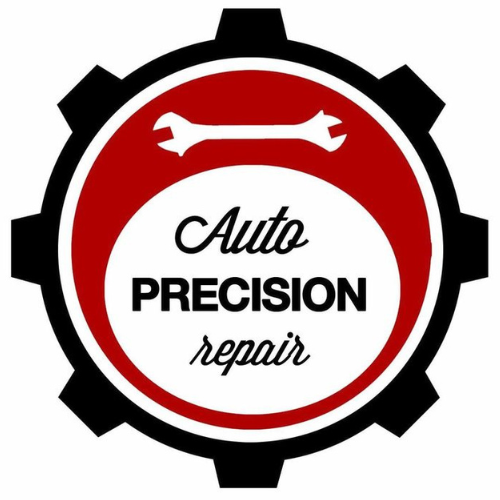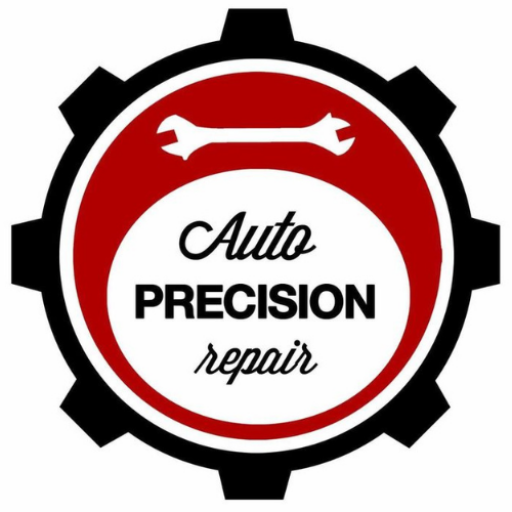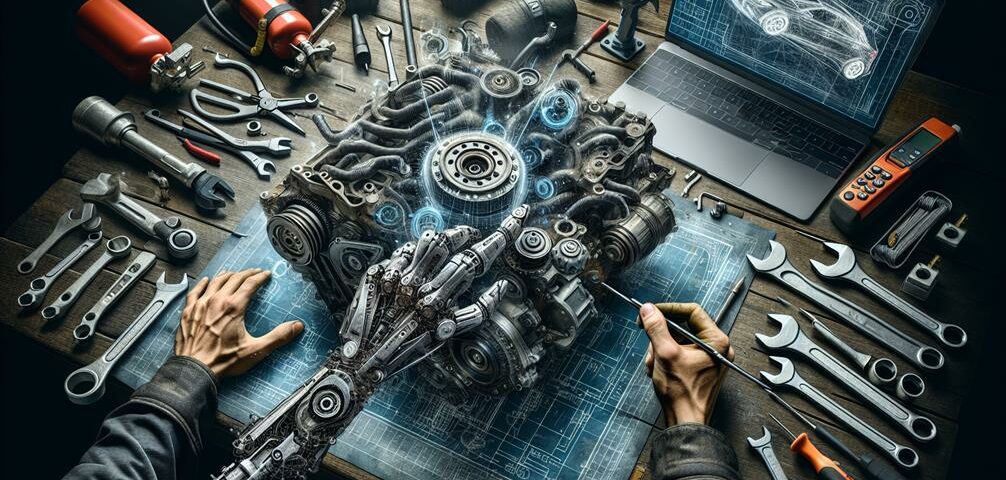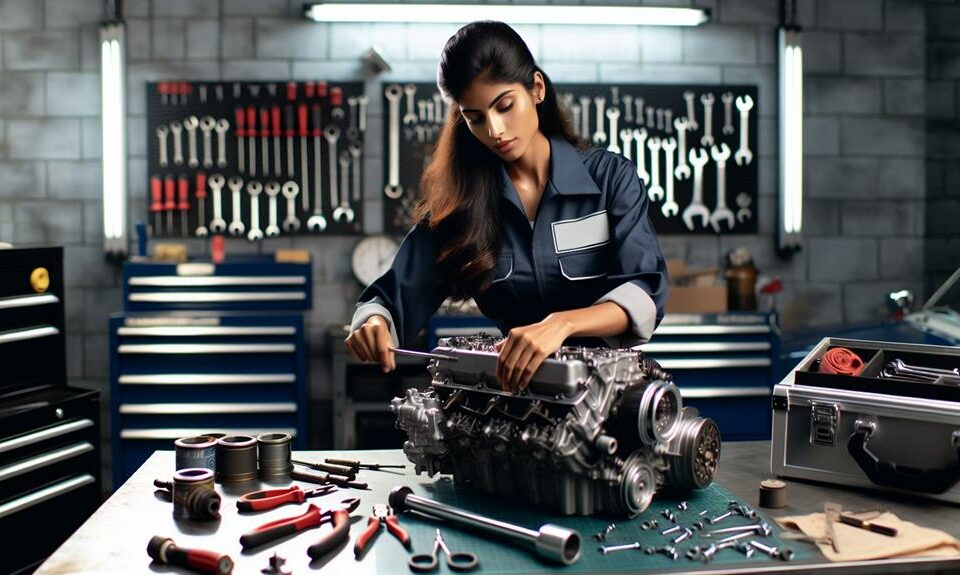5 Key Professional Attributes Every Successful Mechanic Must Have

Enhancing Your Career: The Top Professional Traits of a Master Mechanic
May 7, 2024Just as a well-oiled machine requires precision-engineered components to function at its optimum, you, as a mechanic, need a certain set of professional attributes to excel in your field. These aren’t just a set of technical skills, although those are undeniably important.
There’s more to it, a blending of personality traits, work ethics, and habits that set successful mechanics apart from the rest. We’re about to explore five key attributes that, if honed, can propel you to the top of your game.
Stick around if you’re curious to know what they are and how they can impact your career trajectory.
Essential Technical Skills
In the multifaceted world of auto repair, you’ll need a diverse set of technical skills to truly excel in your mechanic career. Understanding the intricacies of engine functions, mastering complex diagnostic tools, and being adept at hands-on mechanical tasks are just the tip of the iceberg.
You’ll need to be proficient in digital technology, as modern cars are increasingly reliant on complex computer systems. Familiarity with different types of vehicles, their components, and systems is vital too.
Don’t overlook the importance of excellent problem-solving skills; they’re key to identifying and fixing automotive issues efficiently. Not to forget, you must be well-versed in safety protocols, because in this field, safety isn’t a perk—it’s a necessity.
Keep honing these skills, and you’ll be a part of our proud fraternity in no time.
Problem-Solving Proficiency
While mastering technical abilities is vital in automotive repair, your knack for problem-solving truly sets you apart as a mechanic. When a vehicle arrives with an illusive noise or an engine light that won’t quit, it’s your job to decode the issue. You aren’t just fixing cars; you’re a detective of sorts, piecing together symptoms, codes, and customer descriptions to find the root cause.
This requires critical thinking, analytical skills, and an extensive knowledge of automotive systems. You’ll need to consider multiple solutions and choose the most effective one. Sometimes, you’ll have to think outside the box, using unconventional methods to solve complex problems. Remember, successful mechanics aren’t just technicians; they’re problem-solving aficionados. Embrace this as part of your professional identity and you’ll excel in your field.
Outstanding Customer Service
Beyond your technical prowess and problem-solving skills, it’s your ability to provide outstanding customer service that truly differentiates a good mechanic from a great one. Your customers aren’t just looking for a fix, they’re seeking an experience that makes them feel valued, understood, and confident in your abilities.
Here’s a quick rundown on how you can up your customer service game:
1. Active Listening: Listen intently to what your customer is saying. Understand their needs and concerns.
2. Clear Communication: Explain the problem and the solution in a way they can understand.
3. Empathy: Show that you genuinely care about their situation.
4. Promptness and Reliability: Deliver on your promises on time, every time.
Commitment to Continuous Learning
Navigating the ever-evolving landscape of automotive technology requires a commitment to continuous learning, keeping you at the forefront of your field and ensuring customer satisfaction. As a mechanic, you must be willing to refine your skills, adapt to new techniques, and familiarize yourself with the latest diagnostic equipment.
Your ability to comprehend and apply new knowledge directly impacts your performance, efficiency, and the trust you establish with customers. Participating in technical training programs, industry seminars, or webinars can help you stay updated. This commitment to lifelong learning fosters a sense of belonging among your professional peers and sets you apart as a dedicated, competent mechanic.
Exceptional Attention to Detail
In the realm of automotive repair, your keen eye for detail can make a significant difference, identifying minute issues that could potentially lead to significant problems down the line. Exceptional attention to detail, therefore, is a must-have attribute for any successful mechanic.
1. Precision in diagnosing problems: A tiny leak or a frayed wire can escalate if overlooked.
2. Thoroughness in repairs: Even a slight misalignment can lead to bigger issues.
3. Careful inspection during routine maintenance: Regular services are opportunities to catch smaller issues before they balloon.
4. Quality control: Post-repair checks ensure nothing’s missed.
You’re part of a community of detail-oriented professionals who are the unsung heroes, keeping our roads safe one car at a time. Embrace this trait and you’ll find your place among the best.






